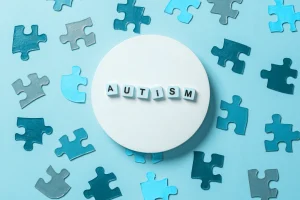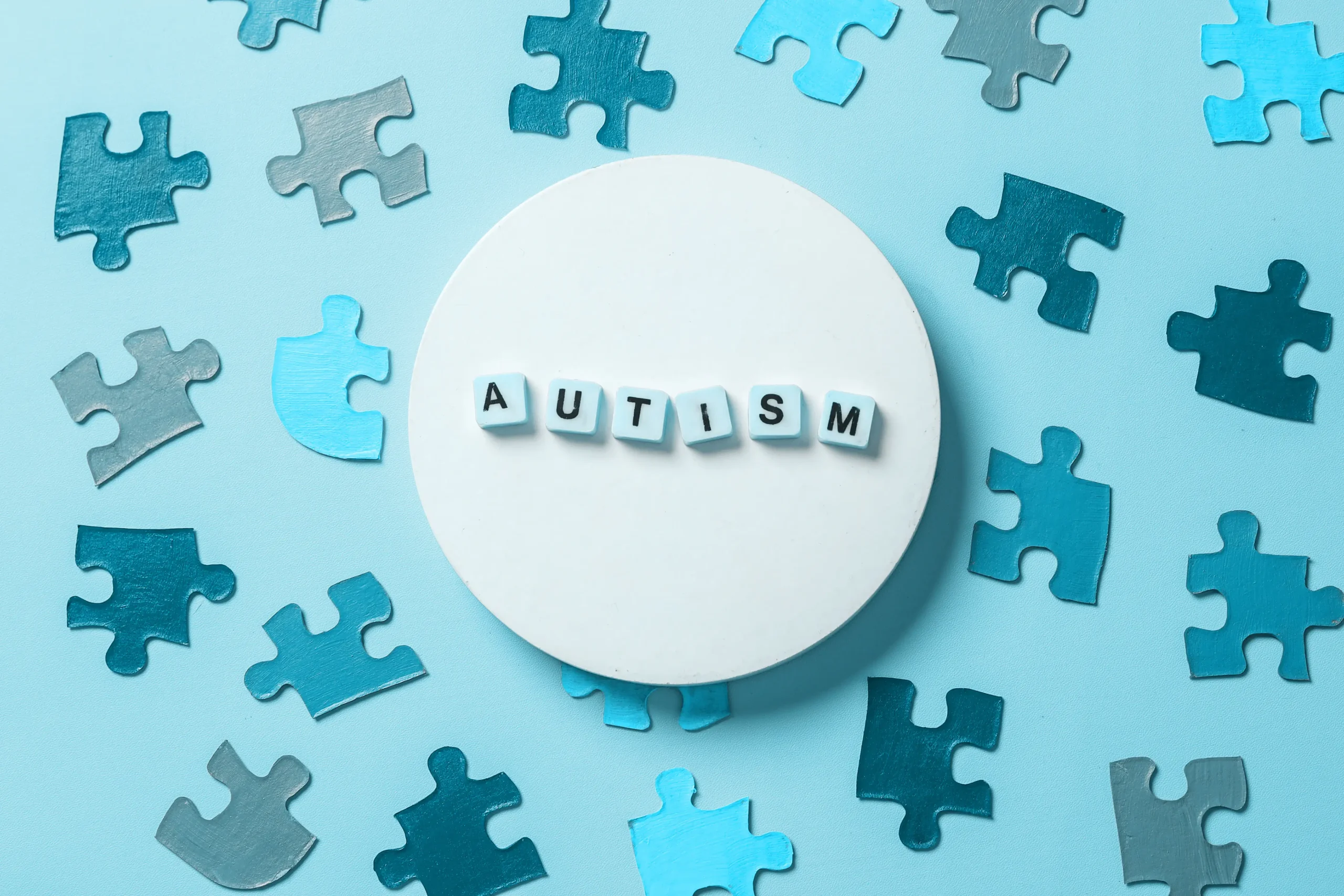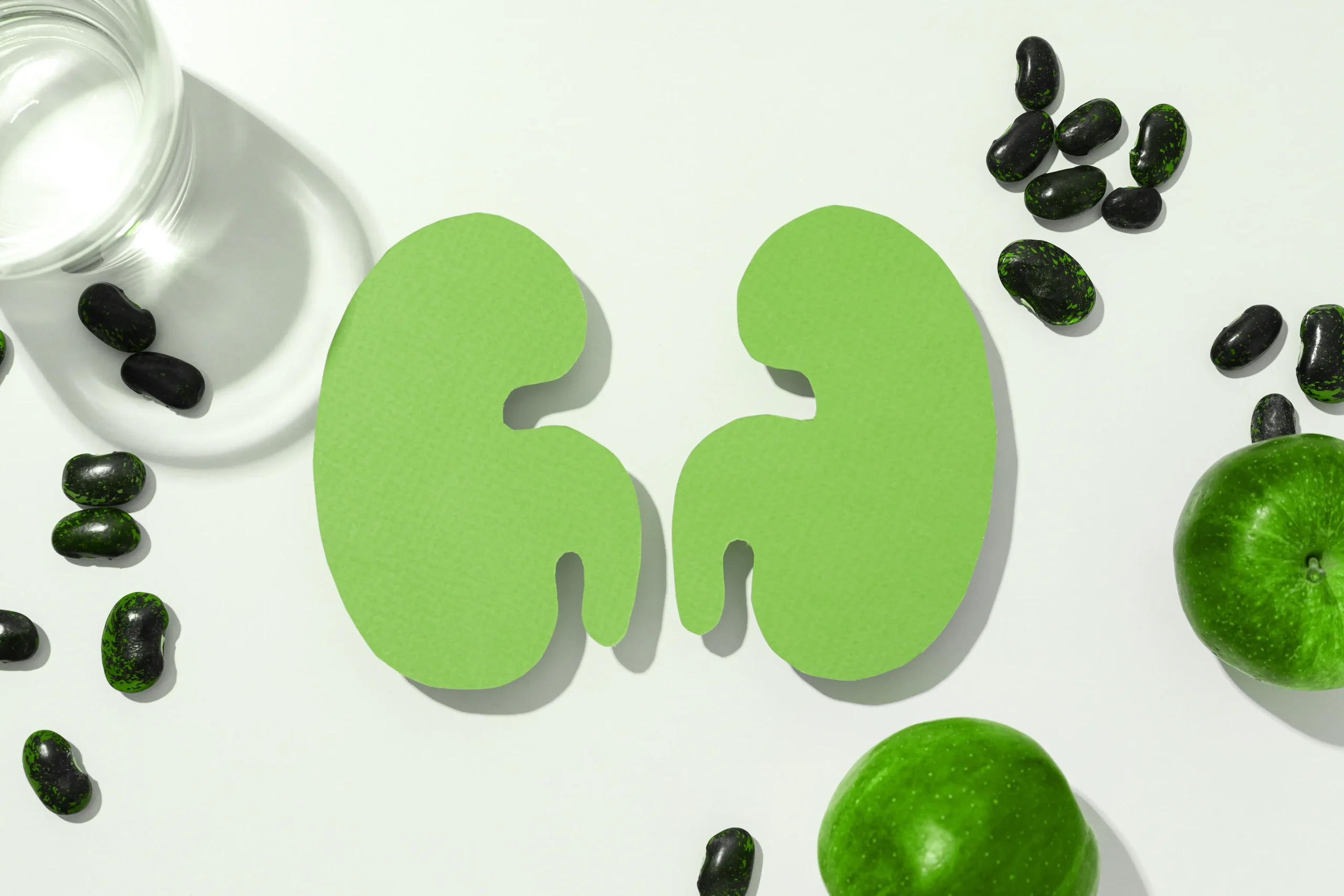Dealing with Depression During the Festive Season
Stress and depression can disrupt your holidays and hurt your health. If you are single and have no family, the stress and depression comes in a different form to those who are not single and do have family. Both are difficult and can become debilitating.
The holiday season can be extremely difficult for people suffering from depression. Loneliness, sadness and anger can intensify severely when one feels excluded from happy families, shared love, festivities, meals and gifts.
Alternatively the stress of social and family commitments can also be a trigger for depression. We are expected to fit in lots of parties, dinners and business lunches, which can be overwhelming. Also, we may be under pressure to spend lavishly on gifts, decorations and vast amounts of food, resulting in a financial burden that could take months to recover from. For those who go away on holiday there is the added stress of planning, shopping and packing, not to mention the cost of the holiday and the exertions of travelling.
Both scenarios can cause deep unhappiness; there are those who will yearn for the experience of happy family and friends and those who will long for peace and quiet. This longing for something seemingly out of reach is what drives the slide into depression, stress, and often anger.
Other factors that can contribute to holiday depression
- Associating the holidays with unresolved family issues or a painful childhood.
- Facing the loss of a loved one with whom you have previously shared the holidays.
- Having unrealistic expectations of family and friends.
- Being away from family and friends.
- Coping with changes in family obligations, particularly after a recent marriage or divorce.
- Feeling isolated from others.
- Ignoring feelings of sadness, loneliness, or depression in an effort to maintain “holiday cheer.”
- Having an expectation that you “should” feel good.
- Reflecting on losses or disappointments over the past year.
- Drinking more alcohol, which is often more readily available during the holidays, as alcohol often will make depression worse.
Whether you are alone or are wall-to-wall with guests, being realistic and planning ahead, as well as seeking support, can help ward off stress and depression. The result may surprise you as you may end up enjoying the festive season more than you imagined.
Tips to prevent holiday stress and depression for singles
If the festive season has taken a toll on you before, putting in measures to prevent that will help. And, it is best to take positive action before you find yourself stressed and depressed as it is much harder to pull yourself out at that point.
- Reflect. If you are a person of faith, take time to reflect on the spiritual significance of the holidays.
- Have an adventure. Try something new; cooking courses, a new craft, join a hiking club, learn to play bridge, or join an amateur dramatics club, for example.
- Have a party. Spend time with people you care about. Do not wait for them to invite you. You invite them. Do not leave it till the last minute. Calendars fill up quickly over the festive season.
- Volunteer your time to help others. Spending time with those in need can help you feel less isolated.
- Journal gratefulness. Try to appreciate the good things you have now instead of focusing on the past. Write a list of different things you are grateful for every day for the holiday season.
- Get inspired. Read inspirational or interesting material. The holiday season is a great time to learn and expand your knowledge and to get inspired. Don’t wait for others to inspire you, find your own inspiration.
- Stay active. Get out. Go for a walk. Window shop. Visit a market or a fair or even a town you have never been to before.
- Acknowledge your feelings. It is normal to feel sadness and grief if someone close to you has recently died or you cannot be with loved ones. It is good to take time to cry or express your feelings.
- Identify someone to talk to. If you know you suffer from depression during the holidays, look for someone in advance that you know will be available, is a good listener and will be able to talk you through the hard times.
- Get help if you need it. Don’t be embarrassed to ask for help any time of the year.
- Be wise. If you are on medication, take it as prescribed. If you do not, you will open yourself up to physical and mental complications.
Tips to prevent holiday stress and depression for people with families
Do not let the holidays become something you dread. Work out what your holiday triggers are now, such as financial pressures or personal demands, so you can combat them before they become more intense.
- Set aside differences. Try to accept family members and friends as they are, even if they do not live up to all of your expectations. Set aside grievances until a more appropriate time for discussion. And be understanding if others get upset or distressed when something goes awry. Chances are they’re feeling the effects of holiday stress and depression, too.
- Create new traditions. As families, and finances change, shrink or grow, traditions and rituals often change as well. Variety is a good thing, explore it more. Ask your family which traditions are most important to them and see how you can simplify them, or recreate them in a new way.
- Learn to say no. Saying yes when you should say no can leave you feeling resentful and overwhelmed. Friends and colleagues will understand if you cannot participate in every event. If it is not possible to say no when your boss asks you to work overtime, try to remove something else from your agenda to make up for the lost time.
- Share the load. Ask for volunteers, include the kids, for food preparation and dish washing and tidying up after the party, lunch or dinner. Take the time you need to finish tasks that are important to you. Don’t try to complete everything at once.
- Do not go overboard on cooking. Give each person, including kids, a day for which they have to plan the family activity. Plan your menus and then make your shopping list. That’ll help prevent last-minute scrambling to buy forgotten ingredients. It will also prevent you buying food items you do not need. Ask others to bring their favourite dishes. Cook and freeze foods ahead of time.
- Plan ahead. Plan, plan, plan. Diarise specific days for shopping, baking, visiting friends and other activities.But remember; do not spend all of your time planning activities for your family. You might end up feeling drained and unappreciated and they may have ideas of what they want to do.
- Appreciate your family’s uniqueness. Avoid comparing yourself with what other families are doing or buying.
- Gift yourself with a debt-free new year by not spending beyond what you can afford. Do not fall into the trap of taking a bank loan to cover the costs of the festive season.
- Ask people what they want. It saves hours of time, and money, trying to get something they may not like.
- Spend no more than an agreed specified low amount.
- Give homemade gifts.
- Donate to a charity.
- Be realistic. The holidays do not have to be perfect or just like last year or like the festivities of your childhood. Part of being realistic is to be open to something new and different. Make a list what you expect from yourself and your family during the holidays. Hidden within these expectations you might find your potential holiday stress points. Write down what you can change to prevent or defuse stress. Having fun is realistic.
- Stick to a budget. Before you go gift and food shopping, decide how much money you can afford to spend. Then stick to your budget. Try an alternative idea with regard to presents:
- Don’t abandon healthy habits. Two traditions that should be abandoned are over eating or drinking, especially alcohol and starving yourself in order to eat more at Festive Season meals and parties. Not only is it bad for your health but overindulgence can add to your stress and guilt. Do not stop your exercise program. If you don’t have one, start one today.
Here are some other suggestions:
- Have a healthy snack before holiday feasts so you do not go overboard on snacks or drinks.
- Get plenty of sleep.
- Take a breather. Make some time for yourself. Rest when your body tells you to. Spending just 15 minutes alone, without distractions, may refresh you enough to handle everything you need to do. Find something that reduces stress by clearing your mind, slowing your breathing and restoring inner calm. Stop and enjoy the fruits of your labour. Do things you enjoy.
- Take time to reflect. Reflect on the good times you had in the past as a family. You can do this on your own or make it a family event. Reflecting on past good times is likely to trigger positive feelings and build on your positive memories.
- Use time in different ways. Visit friends after the holidays instead of trying to cram everything into a few short days. Travel outside of the rush hours. If you are travelling long distance do it over a couple of days rather than all at once. Remember to stop and rest every two hours. Take a more scenic route.
- Seek professional help if you need it. Despite your best efforts, you may find yourself feeling persistently sad or anxious, plagued by physical complaints, unable to sleep, irritable and hopeless, and unable to face routine chores. If these feelings last for a while, talk to your doctor or a mental health professional.
The lenmed Group is a world-class chain of Private Hospitals that brings quality healthcare to communities across Southern Africa.
For more information please contact:
Dr MJ Ndhlovu
PhD (Cons Psy) UNISA, Msoc. Sc (Clin Psy) (UNW) | Clinical and Consulting Psychologist
Zamokuhle Private Hospital
Tel: +27 (0) 11 923 7785
Email: [email protected]
Disclaimer: Any information contained here is merely a guideline. Always visit your healthcare practitioner for any health-related advice or diagnosis.















